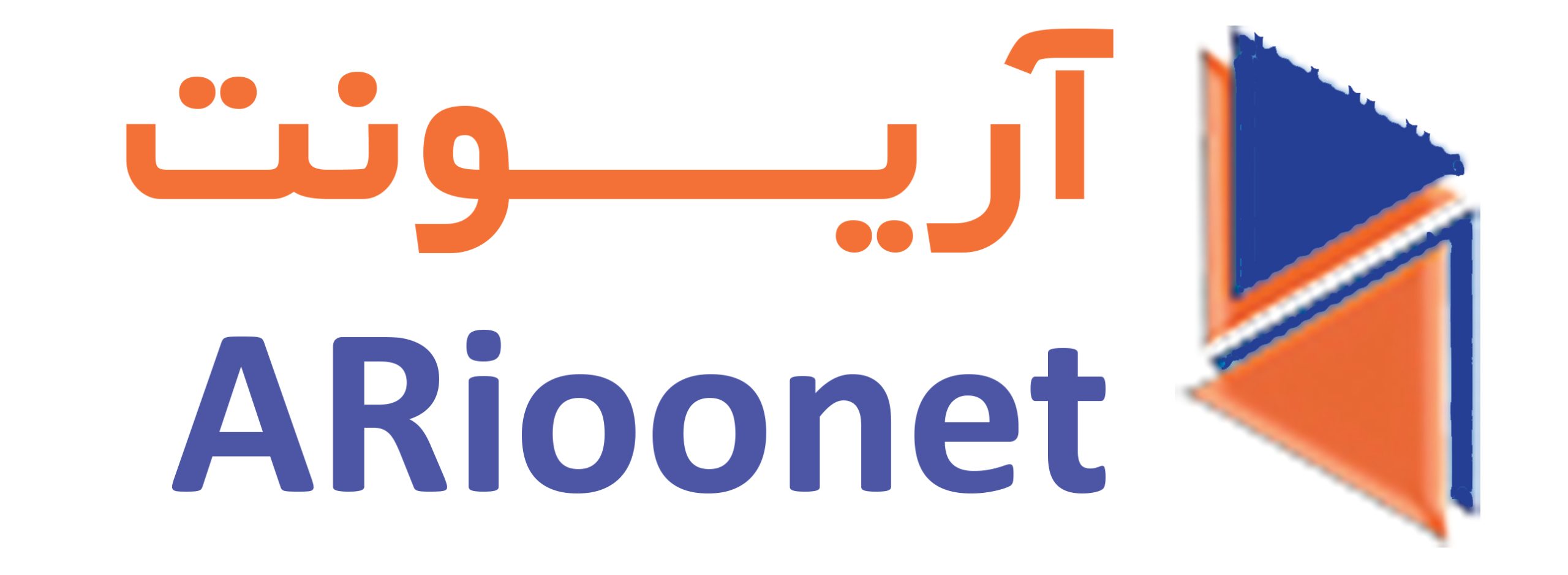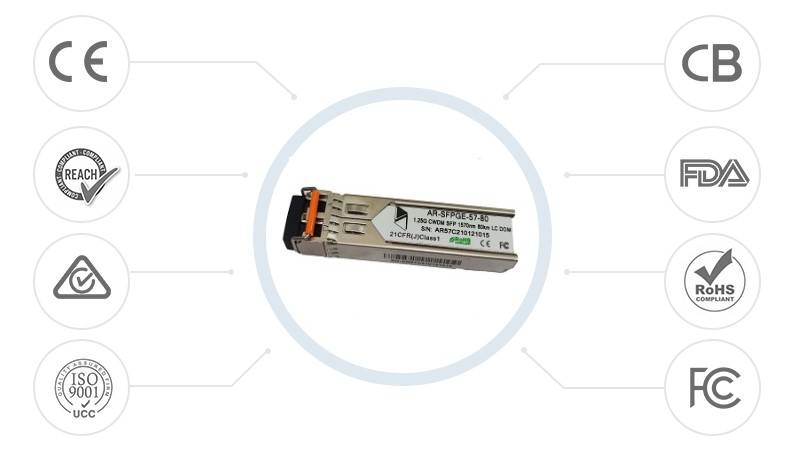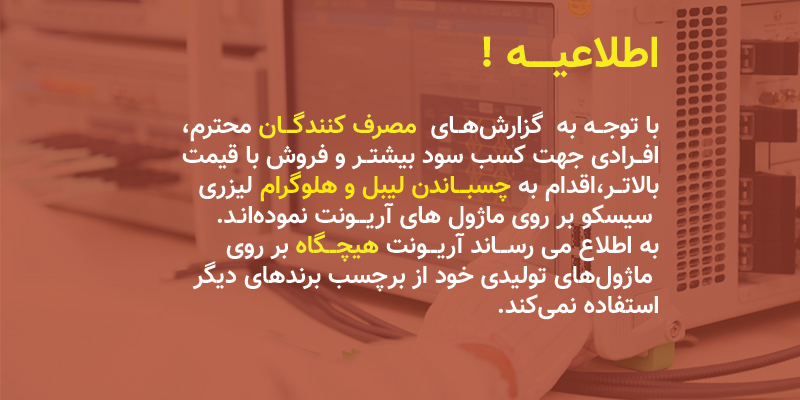Optical module standards
Along with the improvement and innovation in the field of fiber optics, more optical modules (sfp) of different types from different vendors have entered the market. However, there is still a situation of “inconsistency and quality”. How to choose from a large number of suppliers of high-quality and high-performance modules? Judging based on standard certification is a practical solution at first. Read this article to see in detail the standard certifications of fiber optic receivers.
Certificates required for optical modules (SFP)
Essentially, module standard certifications are designed to assess module requirements, quality, security and environmental protection. We examine several important certifications of optical modules in the following section.
ISO 9001: 2015
ISO 9001 (ISO: International Organization for Standardization) is the only standard in the 9000 series that requires certification and defines quality management system criteria. The current version of ISO 9001:2015 was published in 2015. This system is valid for a company that is in the field of developing, manufacturing and providing services for optical fiber products including optical receivers. Optical receivers comply with ISO 9001:2015 certified quality system manufacturing environment to ensure the quality of the modules.
Rohs
The European Union Directive on the Restriction of Hazardous Substances (RoHS) prohibits the use of certain hazardous substances in the manufacture of electronic and electrical equipment: lead, mercury, cadmium, hexavalent chromium, polybrominated biphenyls, polybrominated diphenyl ethers and four Various types of phthalates have been proven to be environmentally friendly photoreceptors that fully comply with RoHS requirements, which can reduce harm to people and the environment during the manufacturing process of electrical equipment modules.
REACH
REACH, short for “Registration, Evaluation, Authorization and Restriction of Chemicals”, is a regulation of the European Union in which the protection of human health and the environment can be improved through better and earlier identification of the intrinsic properties of chemicals. . Fiber optic transmitters and receivers that comply with these regulations reduce the risk of chemical contamination and provide users with a safe product.
CB
CB is an international system governed by IECEE, short for IEC Conformity Assessment System for Electronic Equipment and Components. The IECEE CB scheme is designed for the mutual acceptance of test reports and certificates related to the safety of electrical and electronic components, equipment and products. Modules based on CB standards qualify as electrical products with safety performance.
CE
The CE mark is a mandatory European mark for certain groups of products that indicates compliance with the essential health and safety requirements contained in European directives. Optical transmitters and receivers manufactured under CE requirements demonstrate compliance with basic health and safety.
FCC compliance
The FCC mark or FCC mark is a certification mark used on electronic products manufactured or sold in the United States that certifies that the device’s electromagnetic interference is within limits approved by the Federal Communications Commission. Optical receivers that are 100% FCC compliant are better able to handle radio waves and magnetic fields more rationally.
FDA
FDA (Food and Drug Administration) control and oversight covers a wide range of areas, including electromagnetic radiation device (ERED) products. A laser license is granted by testing products containing laser devices. The FDA is responsible for regulating electronic products that emit radiation, such as fiber optic transceivers. FDA-compliant modules can help protect people from dangerous and unnecessary exposure to radiation from electronic products.
RCM
The Regulator Compliance Mark (RCM) is a trademark owned by the Electrical Regulators (Regulatory Authorities / RAs) and the Australian Media Communications Authority (ACMA). For electrical safety, electrical equipment within the scope should not be sold, unless the item is marked with RCM in accordance with AS/NZS 4417.1 & 2 and EESS. RCM compliant modules comply with electrical, EMC, EME and telecommunications regulatory requirements.
The modules produced in Arivant are in accordance with international standards.



